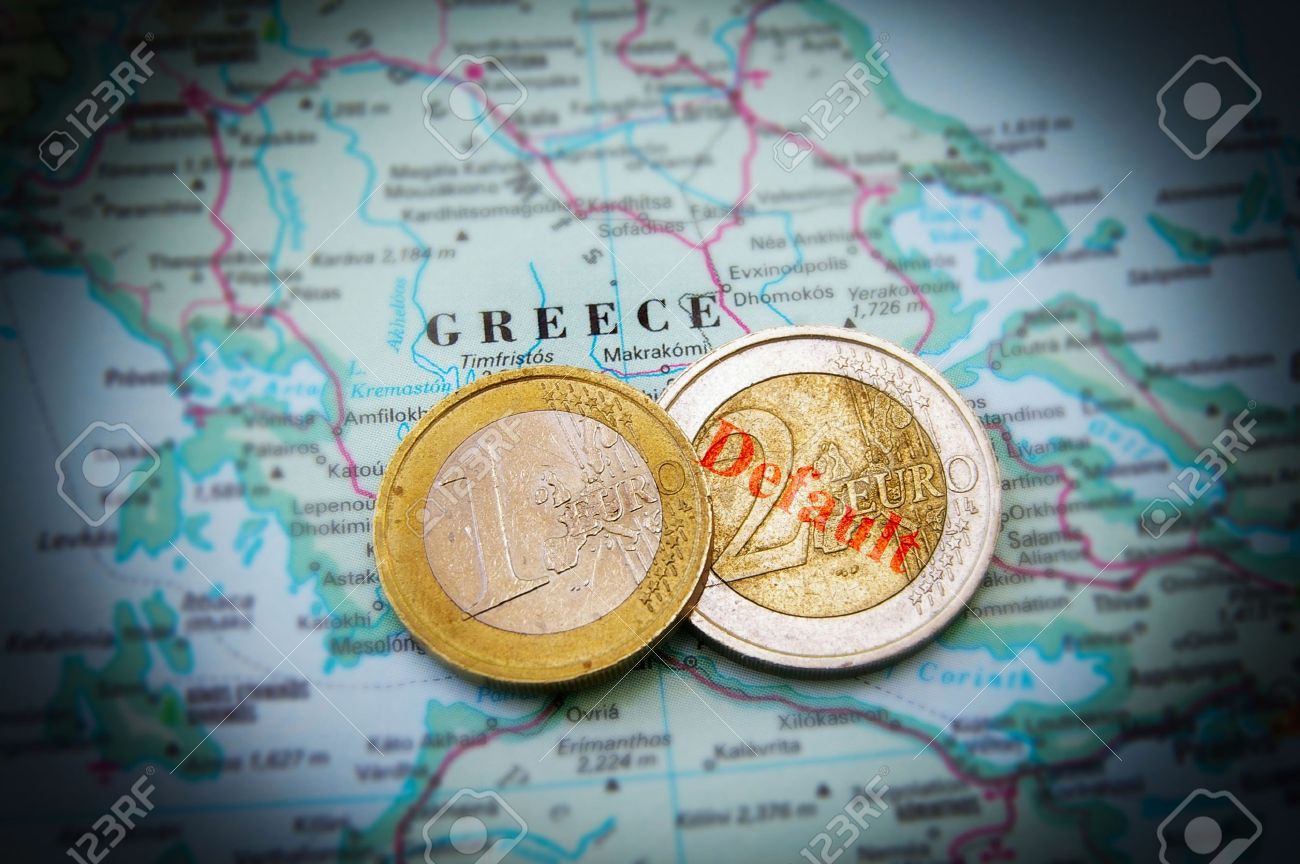Greece chose Sunday to close banks and confine money withdrawals after the European Central Bank chose not to further complicate the burgeoning crisis.
A basic due date lingers on Tuesday, when Greece is scheduled to pay back €1.6bn to the International Monetary Fund - that day the bailout terminates. There are apprehensions of a default and a conceivable way out from euro.
The French bureau met on Monday in crisis session. President Francois Hollande said subsequently that an arrangement was still conceivable if the Greeks needed it.
"There are a couple of hours before the transaction is absolutely shut, specifically for the prolongation of the Greek help program." German Chancellor Angela Merkel's representative said that she was "prepared for further talks" with the Greek Prime Minister Alexis Tsipras "on the off chance that he really needs to".
The primary focuses are:
The emergency reached a critical stage on Saturday after Greece and eurozone nations neglected to achieve concurrence on instalments of the last tranche of bailout cash.
Mr. Tsipras then called on the most recent terms offered by Greece's banks. In response to the emergency, the London, Paris, Frankfurt and Milan stock exchanges plunged ahead of the scheduled exchange on Monday, taking after comparable falls in Asia.
The euro lost 2% of its esteem against the US dollar. Government getting expenses in Italy and Spain, two of the eurozone's weaker economies, have additionally risen. The Athens stock trade is additionally shut as a major aspect of the measures.
The pronouncement says they were taken as an after effect of the eurozone's choice "to reject the augmentation of the advance concurrence with Greece".
Days of turmoil
Eurozone account pastors censured Greece for severing the discussions, and the European Commission made distributed recommendations by European lenders that it said were on the table at the time.
Yet, Greece portrayed banks' terms as "not reasonable", and requested an expansion of its present arrangement until after the vote was finished.
With the present roof for the ECB's crisis subsidizing - Emergency Liquidity Assistance (ELA) - is €89bn (£63bn), it is imagined that for all intents and purposes all that cash has been dispensed.
The impermanent conclusion of banks in Greece, and the presentation of capital controls, is awful news for Greece. Greek individuals will have less cash to spend and business less to contribute; so an effectively powerless economy will presumably come back to a profound retreat.
Most probably, corporate treasurers and those who are affluent will wake up on Monday thinking about whether their cash is safe in the banks of other weaker eurozone economies.
References:
A basic due date lingers on Tuesday, when Greece is scheduled to pay back €1.6bn to the International Monetary Fund - that day the bailout terminates. There are apprehensions of a default and a conceivable way out from euro.
The French bureau met on Monday in crisis session. President Francois Hollande said subsequently that an arrangement was still conceivable if the Greeks needed it.
"There are a couple of hours before the transaction is absolutely shut, specifically for the prolongation of the Greek help program." German Chancellor Angela Merkel's representative said that she was "prepared for further talks" with the Greek Prime Minister Alexis Tsipras "on the off chance that he really needs to".
The primary focuses are:
- Banks shut till 6 July
- Money withdrawals restricted to €60 (£42; $66) a day for this period
- Money machine withdrawals with remote bank cards allowed
- Annuity instalments not a piece of capital controls
- Saving money exchanges inside Greece permitted
The emergency reached a critical stage on Saturday after Greece and eurozone nations neglected to achieve concurrence on instalments of the last tranche of bailout cash.
Mr. Tsipras then called on the most recent terms offered by Greece's banks. In response to the emergency, the London, Paris, Frankfurt and Milan stock exchanges plunged ahead of the scheduled exchange on Monday, taking after comparable falls in Asia.
The euro lost 2% of its esteem against the US dollar. Government getting expenses in Italy and Spain, two of the eurozone's weaker economies, have additionally risen. The Athens stock trade is additionally shut as a major aspect of the measures.
The pronouncement says they were taken as an after effect of the eurozone's choice "to reject the augmentation of the advance concurrence with Greece".
Days of turmoil
- Friday evening: Greek head administrator calls choice on terms of new bailout arrangement, requests augmentation of existing bailout
- Saturday evening: Eurozone fund clergymen decline to expand existing bailout past Tuesday
- Saturday evening: Greek parliament backs submission for 5 July
- Sunday evening: ECB says it is not expanding crisis help to Greece
- Sunday evening: Greek government says banks to be shut for the week and money withdrawals confined to €60
Eurozone account pastors censured Greece for severing the discussions, and the European Commission made distributed recommendations by European lenders that it said were on the table at the time.
Yet, Greece portrayed banks' terms as "not reasonable", and requested an expansion of its present arrangement until after the vote was finished.
With the present roof for the ECB's crisis subsidizing - Emergency Liquidity Assistance (ELA) - is €89bn (£63bn), it is imagined that for all intents and purposes all that cash has been dispensed.
The impermanent conclusion of banks in Greece, and the presentation of capital controls, is awful news for Greece. Greek individuals will have less cash to spend and business less to contribute; so an effectively powerless economy will presumably come back to a profound retreat.
Most probably, corporate treasurers and those who are affluent will wake up on Monday thinking about whether their cash is safe in the banks of other weaker eurozone economies.
References:






